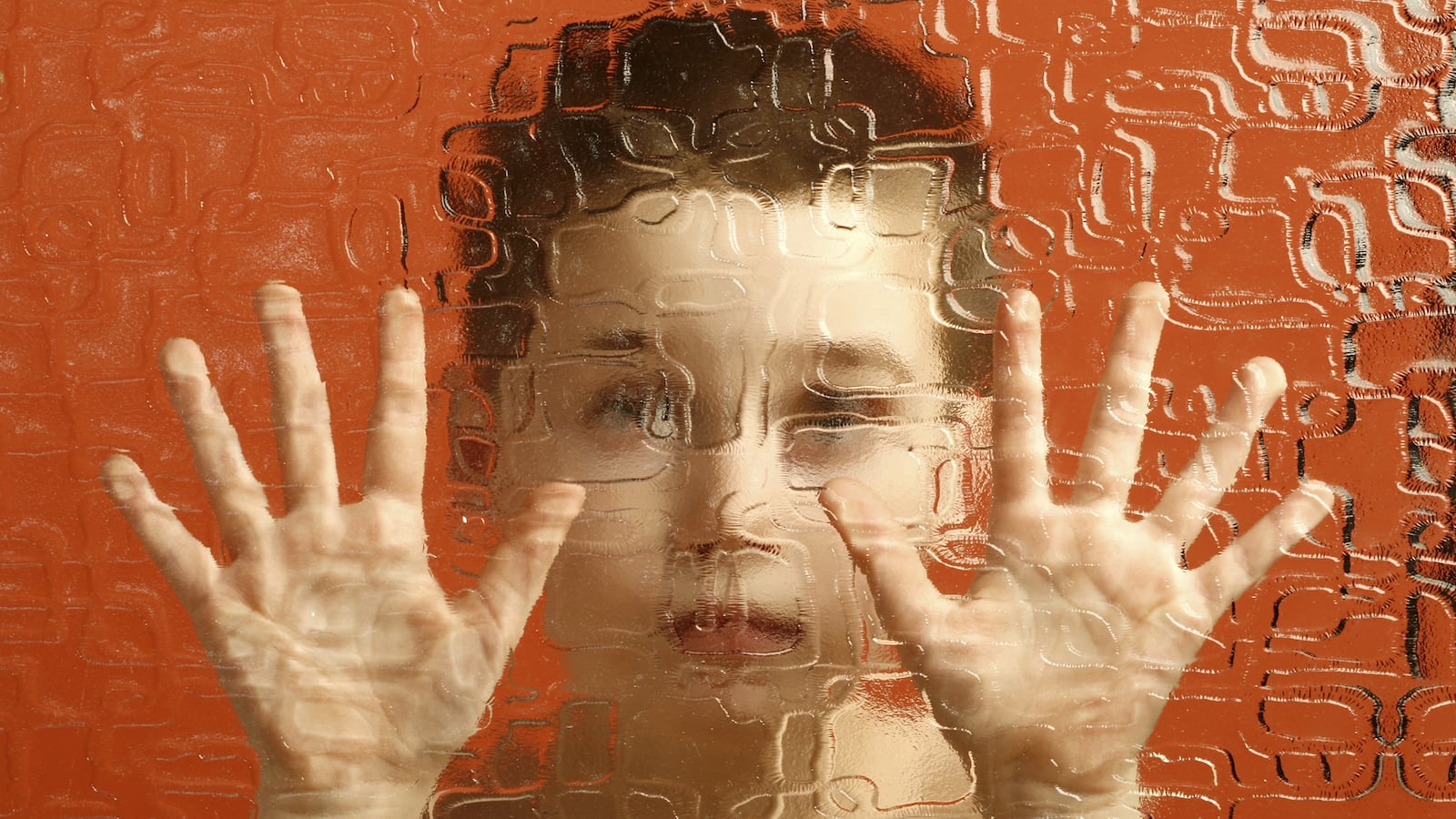The Centers for Disease Control and Prevention’s March 2014 report showing a 30 percent rise in autism spectrum disorders (ASDs) over the span of a few years triggered widespread concern over one simple question: what is the cause?
A new study in the BMJ suggests the answer may have less do with the actual number of autistic children and more with the nature of how we diagnose them.
Despite an apparent rise in ASD diagnoses, the Swedish researchers found less direct evidence of a rise in the actual number of patients with symptoms of these disorders. To investigate this discrepancy, they used two different sets of data—both originating in Sweden. The first was part of a comprehensive study that included nearly 20,000 children, all twins, born in that country over a span of 10 years. The second came from a national patient register, which they used to look for diagnosis codes typically associated with ASDs.
Their results poke holes in the belief that we are in the midst of an “autism epidemic.” When parents were contacted directly and asked about symptoms associated with autism, the number of children who met the cutoff for an ASD remained stable—for the 10-year period under investigation. Over that same period, the number of diagnoses of ASDs in the register (data based on an alphanumeric code given to your provider) increased steadily.
Looking at this data, the authors conclude that something other than an actual increase in the number of children showing signs of autism is responsible for the increased prevalence of the diagnosis. The correct explanation may, at least in part, be related to something other than the actual number of autistic children at all.
A study of Danish children reported similar conclusions earlier this year, which did little to quell anxiety surrounding the source of the rise. As is so often the case, some were quick to blame vaccines, despite the connection between vaccinations and autism having been long debunked.
Still the authors of the new study insist their findings do not support a rise in the prevalence of ASDs in the population. They caution against devoting too many resources to trying to uncover the source of the perceived rise, or of focusing too narrowly on the one diagnosis to the detriment of investigating and providing services for others that may get overshadowed. Those with intellectual or developmental disabilities may lose out if attention and resources are disproportionately allotted.
As I noted when the CDC’s report was first published, there was a wide racial disparity in those diagnosed, with white children more likely to carry an ASD diagnosis than children of color. There was also a great deal of variation in diagnosis rates regionally throughout the country. While racial and regional differences may exist in the actual number of patients with ASDs, those discrepancies may also reflect differences in access to resources. Before a patient can be given an autism diagnosis, a provider has to ask about developmental progress in the first place, and the CDC’s report indicated that far too many go without this crucial part of routine care.
For those who do have an intellectual or developmental disability, being diagnosed with an ASD can open up access to services that might be otherwise unavailable. The criteria used to make the diagnosis of autism have recently been revised, and there is evidence that fewer children may be diagnosed as a result. Some fear that this will mean that children who still need services, regardless of their diagnosis, may not receive them as readily.
It is likely that factors such as these have been responsible for much of the rise in ASD diagnoses, even as the syndrome itself has remained relatively stable. If predictions are correct and the prevalence does fall as a result of the new criteria, it may appear reassuring to those concerned about an explained risk in children with these disorders. But however symptoms are classified and defined, it will be no less important for those with special needs to get the services to help them.






